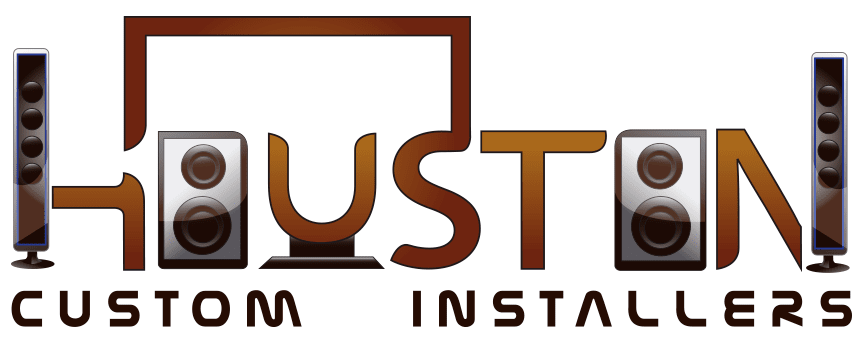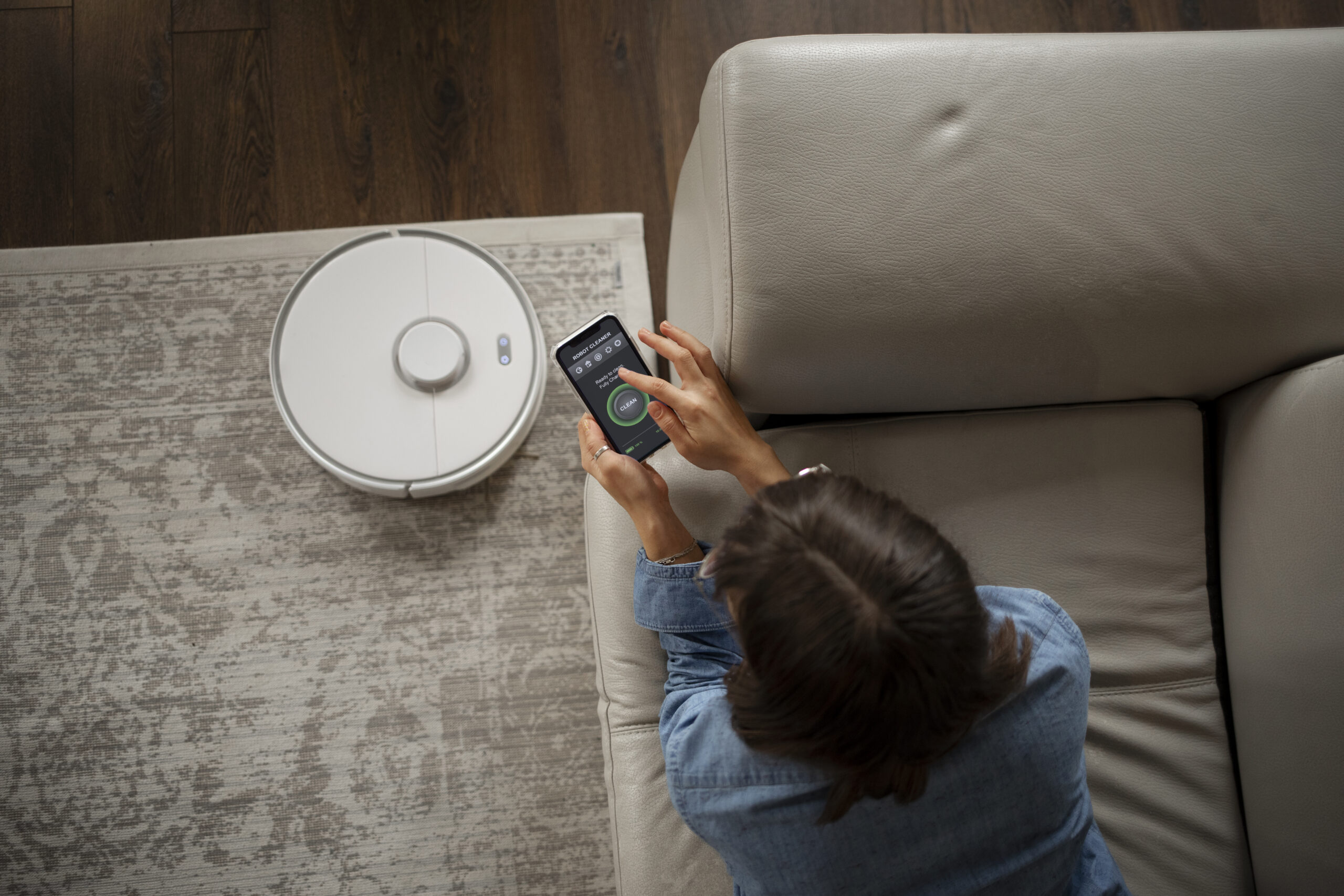Home automation is a technological advancement that has transformed the way we interact with our homes. It allows us to control various aspects of our homes, including lighting, security, and temperature, with just a few clicks on our smartphones. While home automation is beneficial for everyone, it’s particularly advantageous for the elderly, who often have unique needs and challenges.
Here are some ways in which home automation can benefit the elderly:
- Improved safety and security: The elderly are often at a higher risk of accidents, falls, and break-ins. With home automation, they can monitor their homes remotely, ensuring that everything is secure and safe. Smart door locks, security cameras, and motion sensors can alert them to any potential risks, allowing them to take action promptly.
- Enhanced accessibility: Home automation can make homes more accessible and easier to navigate for the elderly. Smart lighting systems, for instance, can be programmed to turn on and off automatically, reducing the need to navigate through a dark room. Smart thermostats can regulate the temperature in the home, ensuring that it’s comfortable and safe, even when the elderly are unable to make adjustments themselves.
- Increased independence: As we age, our physical abilities may decline, making it challenging to perform everyday tasks. With home automation, the elderly can control various aspects of their homes without assistance, such as adjusting the temperature, turning on lights, and locking doors. This increased independence can have a positive impact on their mental health and overall well-being.
- Improved medication management: The elderly often need to take multiple medications, which can be challenging to manage. Smart pill dispensers can help the elderly keep track of their medications, ensuring that they take the right pills at the right time. This can reduce the risk of missed doses or accidental overdoses.
- Peace of mind for caregivers: Caregivers of the elderly often have to juggle multiple responsibilities, including work, household chores, and caring for their loved ones. Home automation can provide them with peace of mind, knowing that their loved ones are safe and secure, even when they’re not physically present.
In conclusion, home automation can benefit the elderly in various ways, including improved safety and security, enhanced accessibility, increased independence, improved medication management, and peace of mind for caregivers. As home automation continues to evolve and become more affordable, it has the potential to transform the lives of the elderly, allowing them to live independently and safely in their homes


